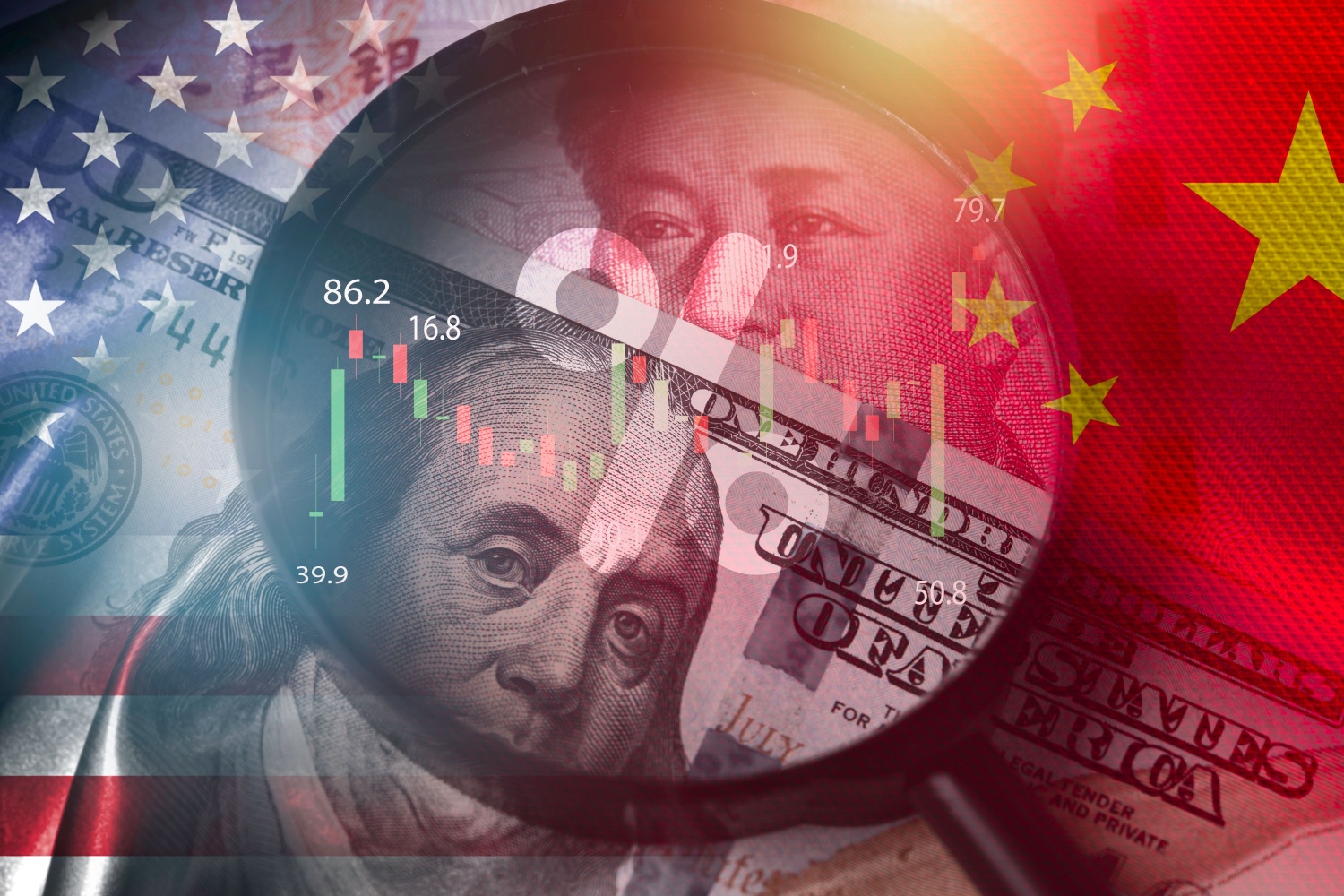Two recent economic studies paint trade tariffs in a very harsh light. Several ag leaders spoke Wednesday about the results. Gary Wertish is president of the Minnesota Farmers Union. He cited one report by the World Agricultural Economic and Environmental Services.
“Under a 60% tariff scenario, the price for US soybeans falls nearly $1 per bushel on average, and a price for US corn drops while approximately 13 cents per bushel under a 60% retaliatory tariff scenario, the resulting loss will be of over 25 million metric tons of soybean experts to China and nearly 90% of corn exports to China.”
Wertish says the combined soybean and corn impact on total economic output could be expected to drop $4.9 billion under the first scenario and 7.9 billion under the second. A second study from North Dakota State University predicts…
“If Chinese tariffs go to 6% and tariffs from all other countries increased by 10% we project that the US exports could decrease by 15 point 8 billion for soybeans, 4.4 billion for corn, 2.3 billion for beef, and 2.5 billion per wheat.”
Jamie Beyer, Director of the Minnesota Soybean Growers Association, says trade tariffs under the Trump administration put agriculture in harm’s way.
“My family farm weathered the 2018 China retaliatory tariffs on ag products, where soybeans were put in the center of the tariff target. We watched as the value of our soybean crop tanked in the field as we grew it, and as Brazil and Argentina were able to seize on the increase of value to their crops, pushing both the volume of South American exports and their bushel prices higher. China’s retaliatory tariffs specifically resulted in long term damage to US farms.”
Former Iowa Lieutenant Governor and Secretary of Agriculture Patty Judge said what farmers like her need from government is stability.
“They are very resilient. We can figure out how to farm. We can figure out how to make a living and make a little profit, but we do need to know where the government is going to be with policies, and that there are no surprises and that there are no roadblocks unnecessarily put in in our way.”
Denny Wolff, the former Pennsylvania Secretary of Agriculture, added that with the unpredictability of nature that farmers already deal with, the last thing they need is something that can be controlled, such as a tariff war.
“And that happened in 2018 under President Trump. That war cost the United States farmers $28 billion. I wouldn’t want to guess how much that cost to our economy, because ag dollars translate into a phenomenal number of other dollars as that money is recycled through local communities.
The WAESS study concluded that a repeated tariff-based approach to addressing trade with China would place a target on both US soybeans and corn.


